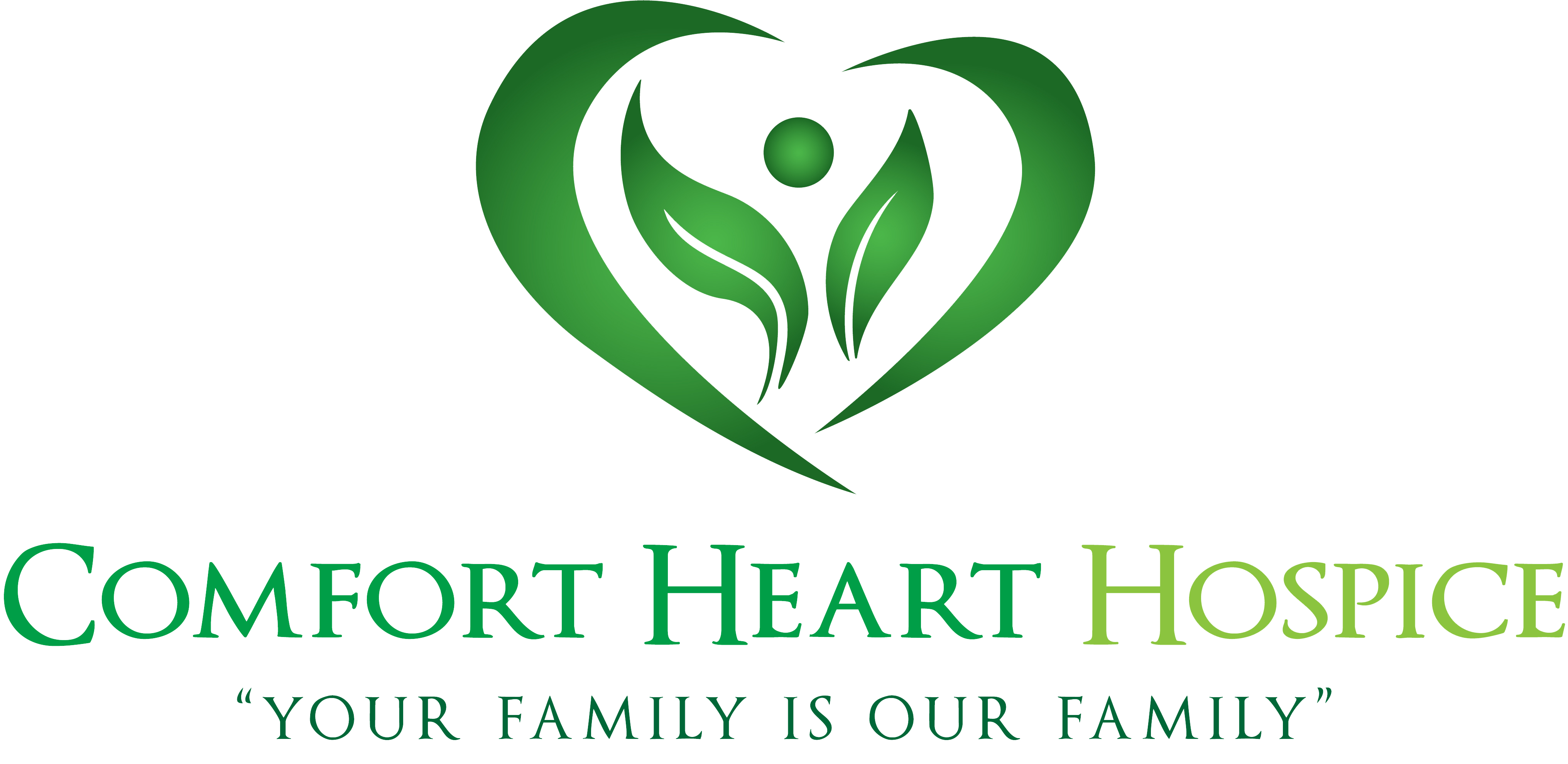One of the primary objectives of hospice care services is to provide patients with relief from pain and manage symptoms associated with their illness, allowing them to maintain the highest possible quality of life during their end-of-life journey. Comfort Heart Hospice recognizes the crucial role that effective pain and symptom management plays in the care they provide. By employing a comprehensive strategy and focusing on each patient’s unique needs, Comfort Heart Hospice is dedicated to ensuring a comfortable experience for all their patients.
In this guide, we will explore the various pain and symptom management techniques utilized by Comfort Heart Hospice’s interdisciplinary team, from pharmacological interventions to alternative therapies. We will also discuss how Comfort Heart Hospice’s tailored approach, composed of medical professionals, caregivers, and therapists, contributes to providing the highest standard of care for their patients.
1. Understanding Pain Assessment and Management
A crucial aspect of effective pain management in hospice care is a thorough and ongoing assessment of patients’ pain levels. This process involves evaluating patients on their pain levels, how they describe their pain, its location, and the frequency and duration of the pain. Comfort Heart Hospice utilizes a multifaceted approach to pain assessment, incorporating self-reporting, objective evaluation, and clinical expertise to develop a comprehensive understanding of patients’ pain levels.
Effective pain management often requires a combination of pharmacological and non-pharmacological treatments. Comfort Heart Hospice’s interdisciplinary team works together to devise individualized pain management plans utilizing various medications, such as opioids, nonsteroidal anti-inflammatory drugs (NSAIDs), and other non-opioid drugs as necessary.
2. Addressing Symptoms: A Holistic Approach
In addition to effective pain management, Comfort Heart Hospice is dedicated to addressing a wide range of symptoms that hospice patients may experience. Respiratory issues, digestive problems, and psychological symptoms are among the many challenges that can arise during end-of-life care, and Comfort Heart Hospice’s team is equipped to tackle each unique issue head-on. Some common symptoms and their management strategies include:
– Shortness of Breath: Use of oxygen, positioning (elevating the head), and medications such as bronchodilators or opioids to reduce the sensation of breathlessness
– Nausea and Vomiting: Medications like antiemetics, adjusting the patient’s diet, supportive therapies such as aromatherapy
– Anxiety and Depression: Emotional support, counseling, and pharmacological interventions such as antidepressants or anti-anxiety medications when appropriate
– Sleep Disturbances: Addressing underlying causes such as pain or anxiety, employing relaxation techniques, providing sleep aids if necessary
– Constipation: Adjusting diet, including more fiber, staying hydrated, gentle exercise, and stool softeners or laxatives when necessary
Comfort Heart Hospice’s holistic approach to symptom management ensures a comprehensive and individualized care plan for each of their patients.
3. Alternative and Complementary Therapies
While pharmacological interventions are an essential component of pain and symptom management, Comfort Heart Hospice recognizes the value of alternative and complementary therapies in providing relief and support to patients. Some examples of these diverse therapies include:
– Massage Therapy: Offers relaxation, alleviation of muscle tension, improves circulation and helps alleviate pain
– Guided Imagery: Calming, guided visualization techniques to help patients refocus their thoughts and access an inner state of peace
– Music Therapy: Utilizing music to provide emotional support, alleviate anxiety and depression, and foster a soothing environment for patients
– Aromatherapy: The use of essential oils to enhance relaxation and psychological well-being, with some evidence suggesting the potential for pain relief and reducing anxiety and depression
Comfort Heart Hospice’s integrative use of alternative and complementary therapies bolsters their commitment to patient-centered care and allows them to address the patient’s preferences and needs.
4. Coordination of Care and Communication
Effective pain and symptom management requires a team effort, and Comfort Heart Hospice is adept at coordinating care and communication among its team members. An interdisciplinary team working in tandem includes doctors, nurses, therapists, social workers, and counselors. Regular meetings and close communication allow the team to discuss and adjust care plans and interventions as necessary, ensuring the best possible outcomes for patients by monitoring progress and adapting to changing needs and circumstances.
5. Patient and Family Involvement in Pain and Symptom Management
Engaging patients and their families in the management of pain and symptoms is essential for creating a positive care experience. Comfort Heart Hospice involves patients and their families in decision-making, encourages open communication, and provides education about the pain and symptom management process. This level of engagement fosters a sense of involvement and control for patients and families during the end-of-life journey and helps them understand the reasoning behind specific interventions.
6. Ongoing Education and Training
Comfort Heart Hospice understands that to provide the best possible care, healthcare professionals must stay up-to-date on the latest advancements and best practices in pain and symptom management. The organization invests in ongoing education and training programs for its team members, ensuring that patients receive the highest standard of care rooted in evidence-based practices.
Experience the Comfort and Relief Offered by Comfort Heart Hospice
Comfort Heart Hospice strives to ensure that patients face their end-of-life journey as comfortably as possible. Their comprehensive strategy for managing pain and symptoms integrates a deep understanding of each patient’s unique needs with innovative and evidence-based practices. By focusing on key areas, such as pain assessment, holistic symptom management, the inclusion of alternative therapies, effective collaboration among care teams, and involving patients’ families in every step of the process, Comfort Heart Hospice delivers compassionate and effective care to those in need.
To learn more about Comfort Heart Hospice’s commitment to providing high-quality and personalized hospice care and how they can support your loved one during their end-of-life journey, visit our website or contact us today. Let our dedicated and caring team help make a challenging time more comfortable and dignified for your family.


Recent Comments